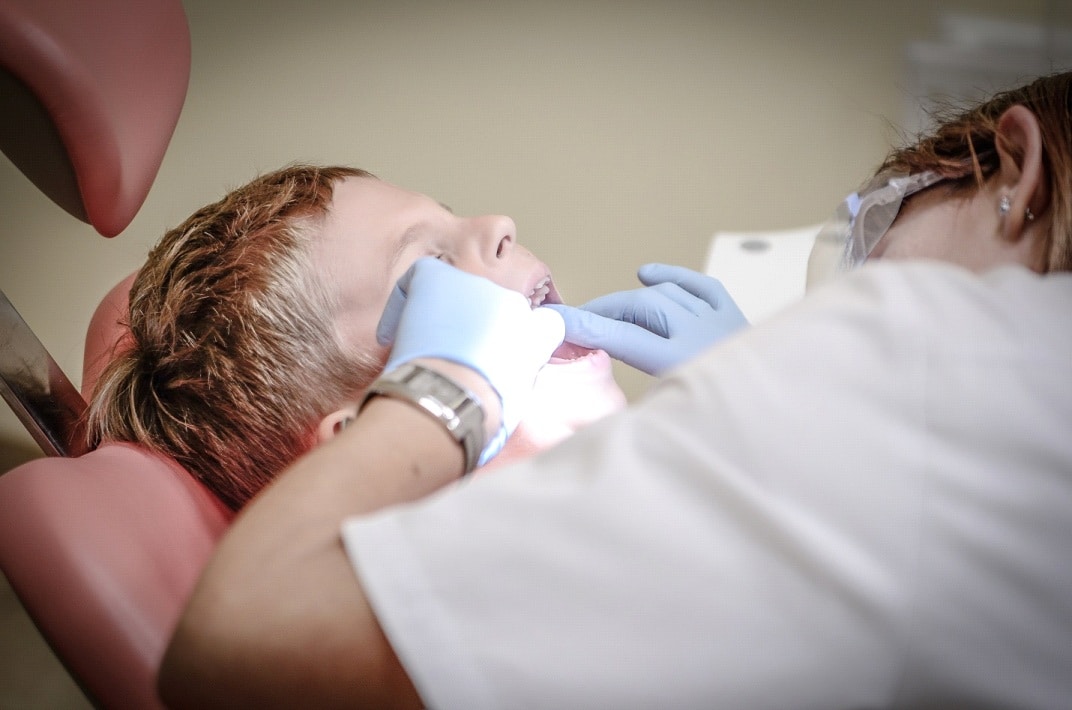
Wisdom tooth removal and full mouth dental implants are two essential aspects of oral health and dental care that can significantly impact an individual’s quality of life. In this comprehensive guide, we will delve into the details of these procedures, highlighting their importance, benefits, and what to expect during the process.
Wisdom Tooth Removal
Wisdom teeth, also known as third molars, typically emerge between the ages of 17 and 25. While some people may not experience any problems with their wisdom teeth, others may face various issues that necessitate their removal.
Why Wisdom Tooth Removal?
Wisdom teeth often don’t have enough space to erupt properly in the back of the mouth. This can lead to a variety of dental problems, such as:
- Impaction: Wisdom teeth can become impacted, meaning they don’t fully emerge from the gums. This can cause pain, swelling, and infection.
- Crowding: Wisdom teeth can push existing teeth, leading to misalignment or crowding.
- Infection: Partially erupted wisdom teeth can create pockets where bacteria can accumulate, leading to gum infection or gum disease.
- Pain and Discomfort: Wisdom teeth can cause pain, headaches, and earaches when they try to emerge.
Given these potential complications, many dentists recommend the removal of wisdom teeth, especially if they cause discomfort or pose a risk to oral health.
The Wisdom Tooth Removal Procedure
The wisdom tooth removal procedure typically involves the following steps:
- Anesthesia: Local or general anesthesia is administered to ensure the patient’s comfort during the procedure.
- Incision: The oral surgeon makes an incision in the gum tissue to access the tooth.
- Extraction: The tooth is carefully extracted from its socket.
- Stitching: The incision is stitched up to facilitate proper healing.
Recovery from wisdom tooth removal usually takes a few days to a week, during which patients are advised to follow specific post-operative care instructions.
Benefits Of Wisdom Tooth Removal
- Pain Relief: Removing problematic wisdom teeth can alleviate pain and discomfort.
- Preventing Complications: Removal can prevent future dental issues such as infections and misalignment.
- Improved Oral Health: Wisdom tooth removal contributes to overall oral health and hygiene.
Full Mouth Dental Implants
Full mouth dental implants are an innovative solution for individuals who have lost most or all of their natural teeth. This procedure can restore a patient’s ability to chew, speak, and smile with confidence.
When Are Full Mouth Dental Implants Needed?
Full Mouth Dental Implants Become Necessary When:
- Multiple Tooth Loss: A patient has lost most or all of their natural teeth due to various reasons, including decay, trauma, or age.
- Ill-Fitting Dentures: Traditional dentures may not fit well or cause discomfort.
- Desire for a Permanent Solution: Patients who want a permanent and stable solution to tooth loss.
The Full Mouth Dental Implant Procedure
The Process Of Getting Full Mouth Dental Implants Typically Involves Several Stages:
- Initial Consultation: The patient consults with a dentist or oral surgeon to determine candidacy and create a treatment plan.
- Tooth Extraction (if necessary): Any remaining unhealthy teeth are extracted.
- Implant Placement: Dental implants, usually made of titanium, are surgically placed into the jawbone.
- Healing and Osseointegration: Over several months, the implants fuse with the jawbone through a process called osseointegration, providing a stable foundation for artificial teeth.
- Abutment Placement: Abutments are attached to the implants, serving as connectors for the prosthetic teeth.
- Prosthetic Teeth: Custom-made crowns or dentures are attached to the abutments, creating a natural-looking smile.
- Final Adjustments: The dentist makes final adjustments to ensure proper fit and function.
Benefits Of Full Mouth Dental Implants
- Improved Aesthetics: Dental implants provide a natural-looking and functioning smile.
- Enhanced Quality of Life: Patients can eat, speak, and smile with confidence, improving their overall quality of life.
- Longevity: With proper care, dental implants can last a lifetime.
- Preservation of Jawbone: Implants stimulate the jawbone, preventing bone loss that can occur with missing teeth.
Wisdom Tooth Removal Vs. Full Mouth Dental Implants
Now that we’ve discussed the individual aspects of wisdom tooth removal and full mouth dental implants, let’s compare these two procedures to understand their differences and similarities.
Purpose
- Wisdom Tooth Removal: Primarily performed to address issues related to the eruption of the third molars and to prevent potential dental problems.
- Full Mouth Dental Implants: Aimed at replacing missing teeth and restoring full oral function and aesthetics.
Invasiveness
- Wisdom Tooth Removal: Generally a less invasive procedure, often performed in an outpatient setting.
- Full Mouth Dental Implants: More invasive, involving surgery to place dental implants in the jawbone.
Recovery
- Wisdom Tooth Removal: Typically has a shorter recovery period, with most patients returning to their normal activities within a few days.
- Full Mouth Dental Implants: Requires a more extended healing process, as it involves osseointegration before prosthetic teeth can be attached.
Longevity
- Wisdom Tooth Removal: Permanent removal of problematic wisdom teeth.
- Full Mouth Dental Implants: Can provide a long-lasting, even permanent solution for missing teeth.
Conclusion
In summary, wisdom tooth removal and full mouth dental implants are two essential dental procedures that address different aspects of oral health. Wisdom tooth removal is aimed at preventing complications associated with the eruption of third molars, while full mouth dental implants are a comprehensive solution for individuals with significant tooth loss.
Both procedures offer significant benefits, including improved oral health, aesthetics, and quality of life. If you are considering either of these procedures, it is crucial to consult with a qualified dentist or oral surgeon to determine the best course of action based on your specific needs and circumstances.
Remember that maintaining good oral hygiene and seeking regular dental check-ups are key to preventing dental issues and ensuring a healthy and beautiful smile throughout your life.


